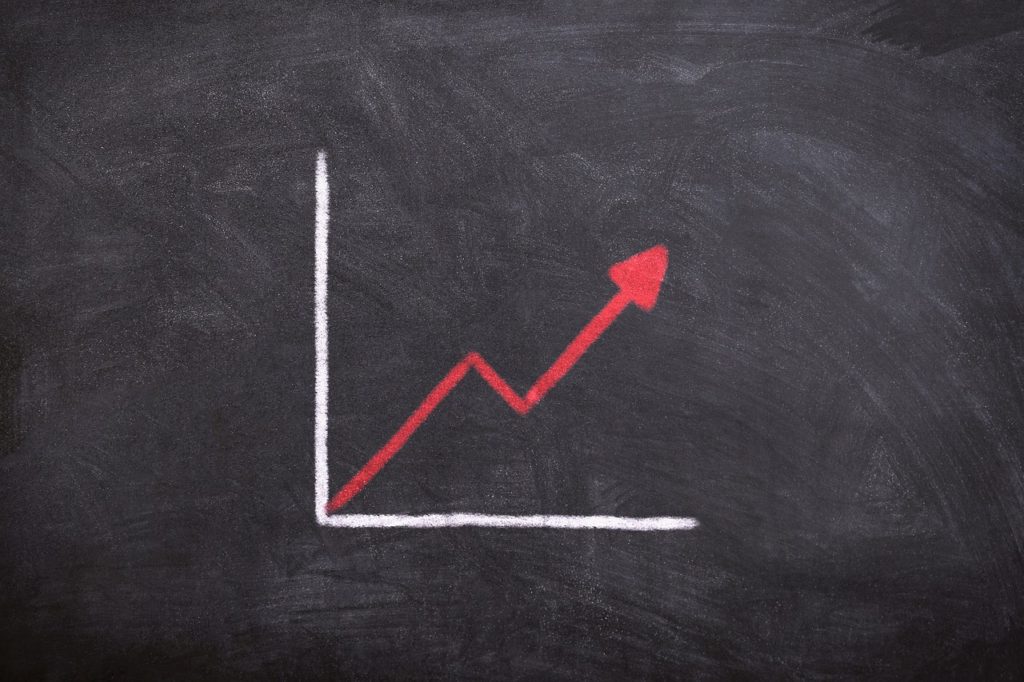
The NBA and NHL are officially in off-season, but teams in both leagues are making news this time of year. It is free agency season; most players whose contracts have expired and have a certain number of years of service are eligible to sign with any team that wants them. Elite players stand to receive multi-year contracts worth tens of millions of dollars. The NBA’s top free agent, Kevin Durant, is expected to sign a contract worth more than $200 million over five years.
The jaw-dropping salaries commanded by top free agents in the NBA and NHL come with one major assumption: They are being rewarded for past performance with an expectation they will continue playing at a high level with their new team. Sometimes it happens, sometimes it does not.
Teams sign free agents with fingers crossed that their new player will have a healthy, productive tenure with the team. Some players turn out to be the missing piece of a puzzle that when completed leads to championships. Other players perform as if their motivation was to get paid. They scored the lucrative contract and lose the hunger responsible for the big payday. Yet others appear as if they temporarily played beyond their abilities, leading teams to believe they were worthy of a long-term contract when in fact they were not.
The forces at work in sports free agency have implications for you, too. It is unlikely that employers will line up to woo you and offer a nine-figure contract join their organization. We do not have the luxury of riding past performance to a life-changing payday.
If we lean on past performance, we run the risk of obsolescence. Instead of relying on past performance create a record that speaks for itself, we need to prepare for future performance. What skill(s) do you need to sharpen or pick up to get up-to-date in your field? Is the quality of your professional network good enough to put you in the circles in which you want to be? Are you taking steps to get better, improving your “product” to be ready for the next opportunity?
Past performance is no guarantee of future results. Prepared performance leads to peak performance, which does guarantee better chances of desired future results.
